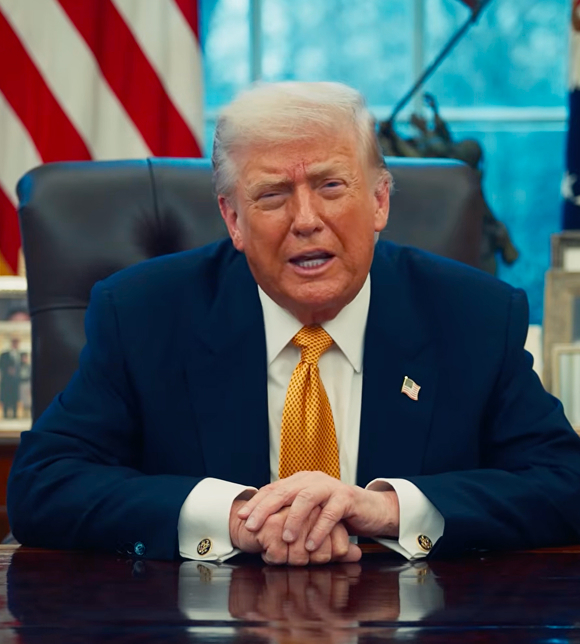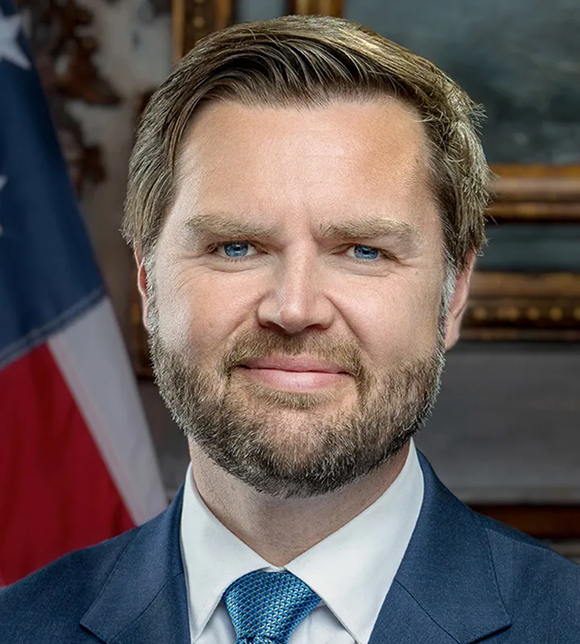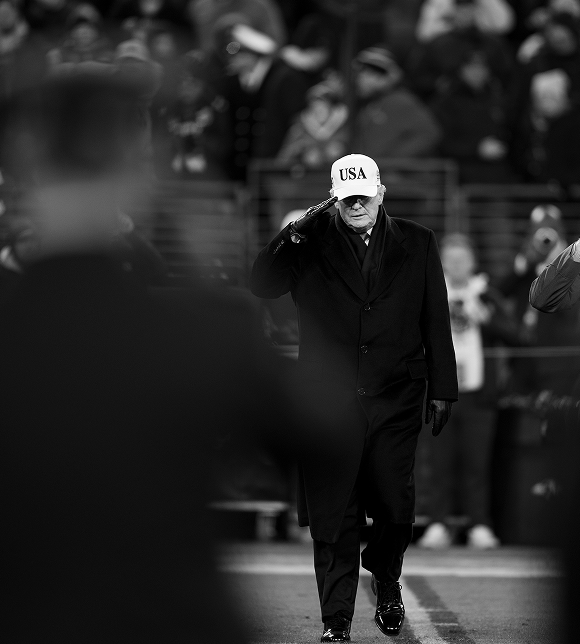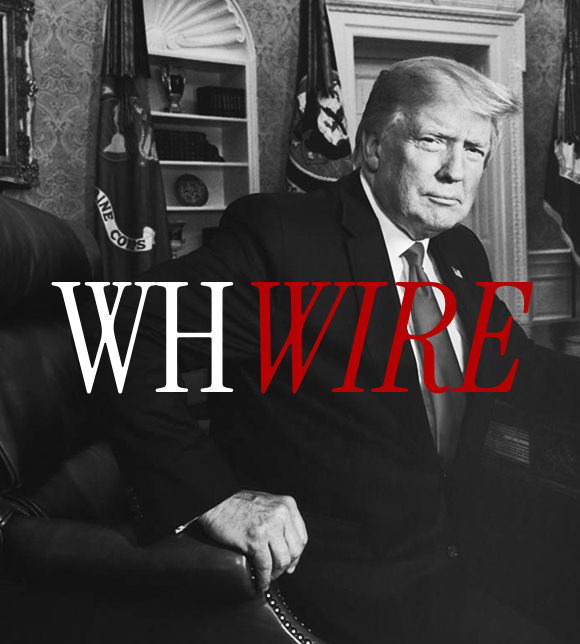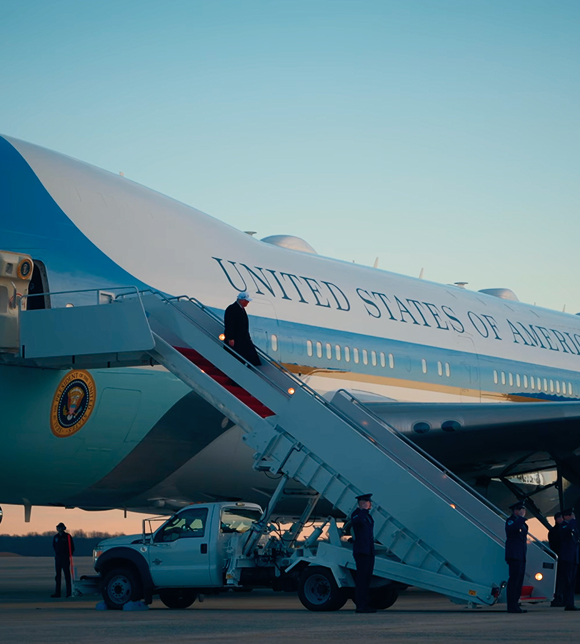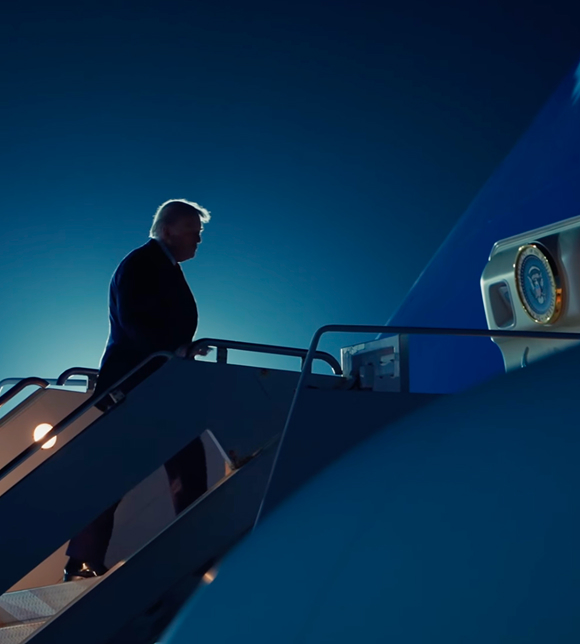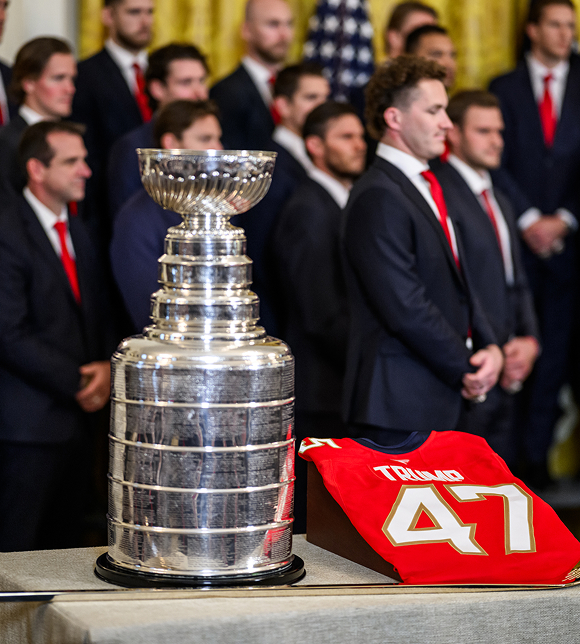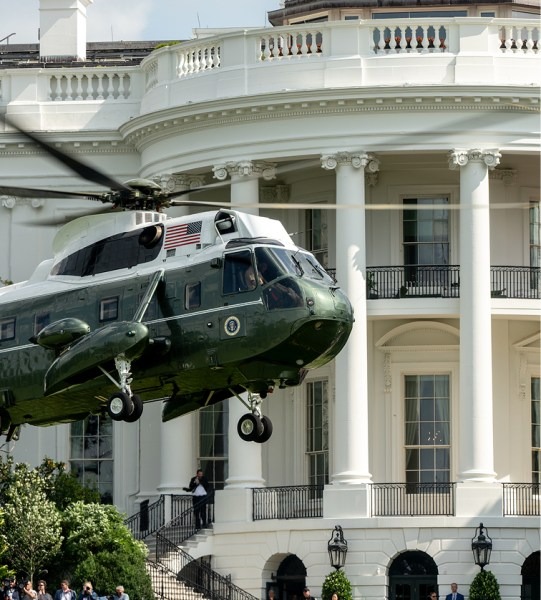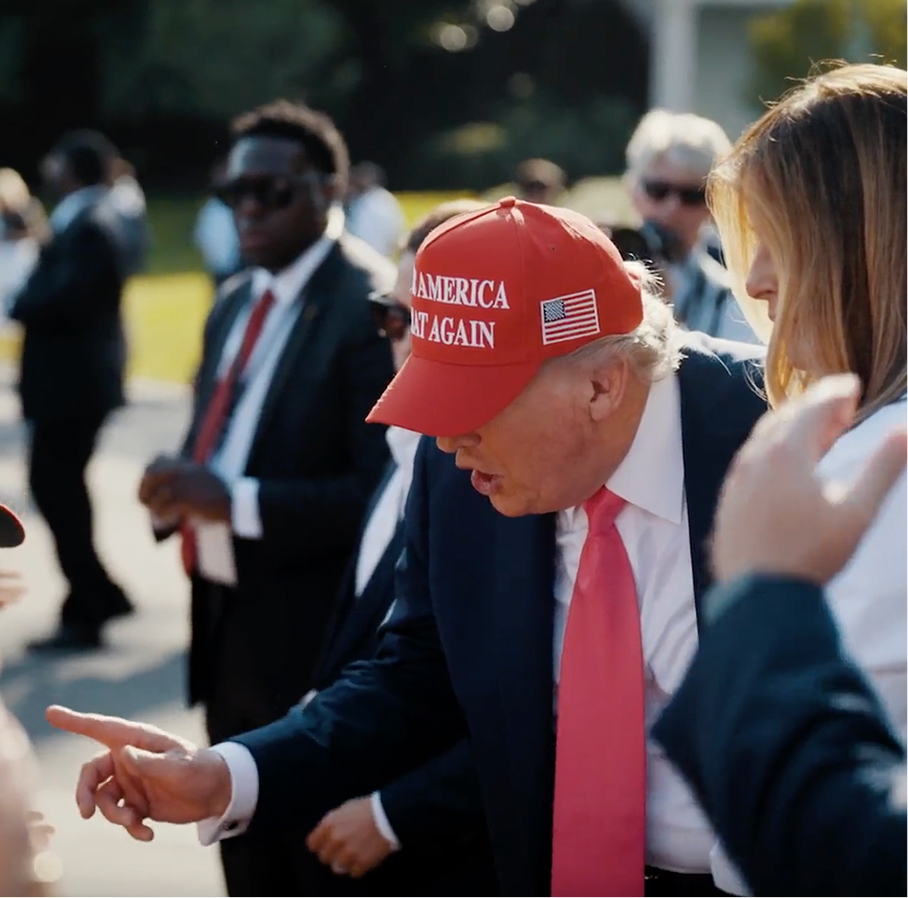By the authority vested in me as President by the Constitution and the laws of the United States of America, it is hereby ordered:
Section 1. Purpose. Financial institutions have engaged in unacceptable practices to restrict law-abiding individuals’ and businesses’ access to financial services on the basis of political or religious beliefs or lawful business activities. Some financial institutions participated in Government-directed surveillance programs targeting persons participating in activities and causes commonly associated with conservatism and the political right following the events that occurred at or near the United States Capitol on January 6, 2021. The Federal Government suggested that such institutions flag individuals who made transactions related to companies like “Cabela’s” and “Bass Pro Shop” or who made peer-to-peer payments that involved terms like “Trump” or “MAGA,” even though there was no specific evidence tying those individuals to criminal conduct.
Bank regulators have used supervisory scrutiny and other influence over regulated banks to direct or otherwise encourage politicized or unlawful debanking activities. “Operation Chokepoint,” for example, was a well-documented and systemic means by which Federal regulators pushed banks to minimize their involvement with individuals and companies engaged in lawful activities and industries disfavored by regulators based on factors other than individualized, objective, risk-based standards.
As a result, individuals, their businesses, and their families have been subjected to debanking on the basis of their political affiliations, religious beliefs or lawful business activities, and have suffered frozen payrolls, debt and crushing interest, and other significant harms to their livelihoods, reputations, and financial well-being. Such practices are incompatible with a free society and the principle that the provision of banking services should be based on material, measurable, and justifiable risks. Such practices, when wielded to discriminate against customers and businesses in credit transactions due to their religion, are also unlawful under the Equal Credit Opportunity Act (15 U.S.C. 1691 et seq.). They further undermine public trust in banking institutions and their regulators, discriminate against political beliefs and free expression of those beliefs, and weaponize a politicized regulatory state.
Sec. 2. Policy. It is the policy of the United States that no American should be denied access to financial services because of their constitutionally or statutorily protected beliefs, affiliations, or political views, and to ensure that politicized or unlawful debanking is not used as a tool to inhibit such beliefs, affiliations, or political views. Banking decisions must instead be made on the basis of individualized, objective, and risk-based analyses.
Sec. 3. Definitions. (a) The term “politicized or unlawful debanking” refers to an act by a bank, savings association, credit union, or other financial services provider to directly or indirectly adversely restrict access to, or adversely modify the conditions of, accounts, loans, or other banking products or financial services of any customer or potential customer on the basis of the customer’s or potential customer’s political or religious beliefs, or on the basis of the customer’s or potential customer’s lawful business activities that the financial service provider disagrees with or disfavors for political reasons.
(b) The term “Federal banking regulators” refers to the Small Business Administration (SBA) and the Federal member agencies of the Financial Stability Oversight Council with supervisory and regulatory authority over banks, savings associations, or credit unions.
Sec. 4. Removing Reputation Risk and Politicized or Unlawful Debanking. (a) Within 180 days of the date of this order, each appropriate Federal banking regulator shall, to the greatest extent permitted by law, remove the use of reputation risk or equivalent concepts that could result in politicized or unlawful debanking, as well as any other considerations that could be used to engage in such debanking, from their guidance documents, manuals, and other materials (other than existing regulations or other materials requiring notice-and-comment rulemaking) used to regulate or examine financial institutions over which they have jurisdiction. The removal of such concepts shall be made clear by each appropriate Federal banking regulator through formal guidance to their examiners. The Federal banking regulators shall also consider rescinding or amending existing regulations, consistent with applicable law, to eliminate or amend any regulations that could result in politicized or unlawful debanking and to ensure that any regulated firm’s or individual’s reputation is considered for regulatory, supervisory, banking, or enforcement purposes solely to the extent necessary to reach a reasonable and apolitical risk-based assessment.
(b) The SBA shall, within 60 days of the date of this order, give notice to all financial institutions with which it guarantees loans under its lending programs, requiring that each financial institution that is subject to the SBA’s jurisdiction and supervision:
(i) within 120 days of the date of this order, makes reasonable efforts to identify and reinstate any previous clients of the institution or any subsidiaries denied service through a politicized or unlawful debanking action in violation of a statutory or regulatory requirement under section 7(a) of the Small Business Act (15 U.S.C. 636) or any requirement in a Standard Operating Procedures Manual or Policy Notice related to a program or function of the Office of Capital Access, with notice of the reinstatement sent to the victim;
(ii) within 120 days of the date of this order, identifies all potential clients denied access to financial services provided by the financial institution or any subsidiaries through a politicized or unlawful debanking action in violation of a statutory or regulatory requirement under section 7(a) of the Small Business Act or any requirement in a Standard Operating Procedures Manual or Policy Notice related to a program or function of the Office of Capital Access, and provides notice to each victim advising of the denied access and the renewed option to engage in such services previously denied; and
(iii) within 120 days of the date of this order, identifies all potential clients denied access to payment processing services provided by the financial institution or any subsidiaries through a politicized or unlawful debanking action in violation of a statutory or regulatory requirement under section 7(a) of the Small Business Act or any requirement in a Standard Operating Procedures Manual or Policy Notice related to a program or function of the Office of Capital Access, and provides notice to each victim advising of the denied access and the renewed option to engage in such services previously denied.
Sec. 5. Scrutinizing Politicized or Unlawful Debanking. (a) Within 180 days of the date of this order, the Secretary of the Treasury, in consultation with the Assistant to the President for Economic Policy, shall develop a comprehensive strategy for further measures to combat politicized or unlawful debanking activities of financial regulators and financial institutions across the Federal Government, including consideration of legislative or regulatory options to eliminate such debanking.
(b) Within 120 days of the date of this order, each Federal banking regulator shall conduct a review to identify financial institutions subject to its jurisdiction that have had any past or current, formal or informal, policies or practices that require, encourage, or otherwise influence such financial institution to engage in politicized or unlawful debanking and to take appropriate remedial action, to the extent authorized and consistent with applicable law, including levying fines, issuing consent decrees, or imposing other disciplinary measures against any financial institution subject to the jurisdiction of such Federal banking regulator that such Federal banking regulator finds has engaged in politicized or unlawful debanking that violates applicable law (including section 5 of the Federal Trade Commission Act (15 U.S.C. 45), section 1031 of the Consumer Financial Protection Act (12 U.S.C. 5531), and the Equal Credit Opportunity Act).
(c) Within 180 days of the date of this order, the Federal banking regulators shall review their current supervisory and complaint data to identify any financial institution that has engaged in unlawful debanking on the basis of religion and, if such financial institution is unable to obtain compliance within the meaning of 15 U.S.C. 1691 and 1691e(g), refer such matters to the Attorney General for an appropriate civil action, as appropriate.
Sec. 6. General Provisions. (a) Nothing in this order shall be construed to impair or otherwise affect:
(i) the authority granted by law to an executive department or agency, or the head thereof; or
(ii) the functions of the Director of the Office of Management and Budget relating to budgetary, administrative, or legislative proposals.
(b) This order shall be implemented consistent with applicable law and subject to the availability of appropriations.
(c) This order is not intended to, and does not, create any right or benefit, substantive or procedural, enforceable at law or in equity by any party against the United States, its departments, agencies, or entities, its officers, employees, or agents, or any other person.
(d) The costs for publication of this order shall be borne by the Small Business Administration.
DONALD J. TRUMP
THE WHITE HOUSE,
August 7, 2025.
